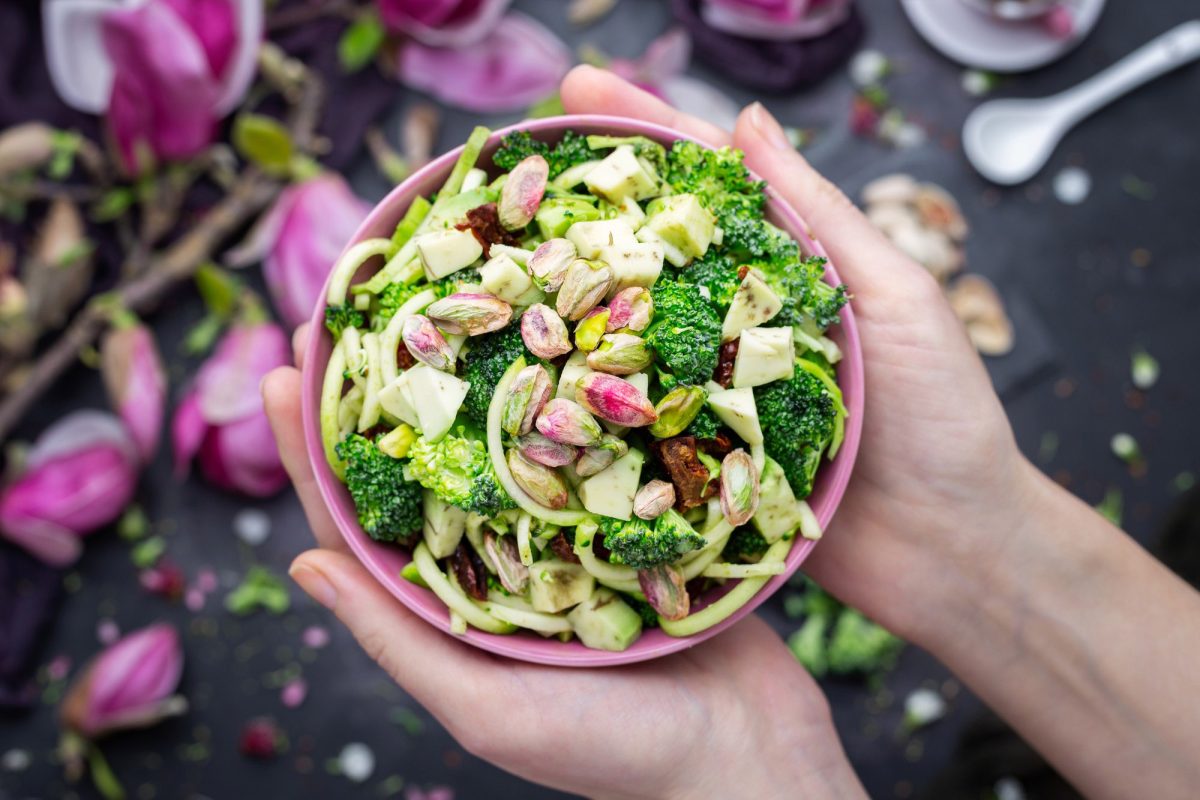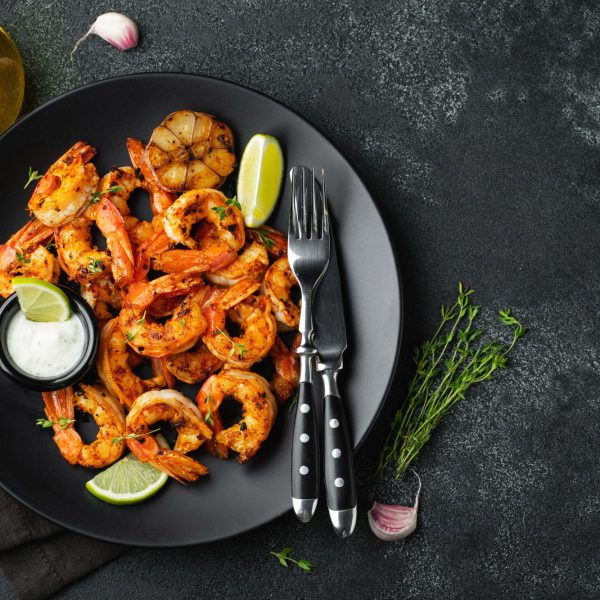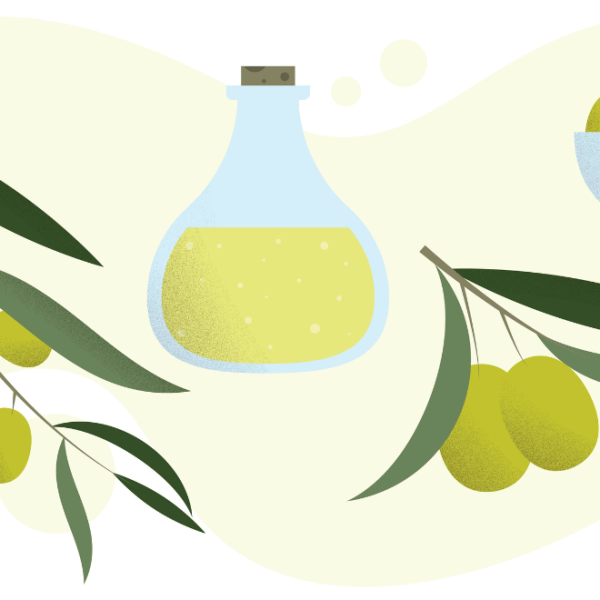In recent years, veganism has gained a lot of popularity worldwide, and many people are switching to a plant-based diet. One of the main concerns that people have when considering a vegan diet is whether it can provide all the necessary nutrients for their bodies. In this blog, we’ll explore whether a vegan diet can help you meet all your nutritional needs.
What is a vegan diet?
Before diving into the nutritional aspects of a vegan diet, it’s important to understand what it entails. A vegan diet is a plant-based diet that excludes all animal products, including meat, dairy, eggs, and honey. Instead, vegans rely on fruits, vegetables, grains, legumes, nuts, and seeds for their nutritional needs.
The benefits of a vegan diet
A well-planned vegan diet can provide many health benefits, including a lower risk of heart disease, type 2 diabetes, and certain types of cancer. It can also help in maintaining a healthy weight and improving digestion.
Can a vegan diet provide all the necessary nutrients?
Now let’s get to the main question – can a vegan diet provide all the necessary nutrients for your body? The answer is yes, but it requires careful planning and attention to ensure that you are getting all the essential nutrients your body needs.
Protein
Protein is essential for building and repairing tissues, and it’s a common concern that vegans may not get enough protein in their diet. However, it’s entirely possible to get enough protein from plant-based sources such as legumes, nuts, seeds, and soy products. For example, a cup of cooked lentils contains about 18 grams of protein, and a cup of cooked quinoa contains about 8 grams of protein. According to the Dietary Reference Intake report for macronutrients, a sedentary adult should consume 0.8 grams of protein per kilogram of body weight, or 0.36 grams per pound. That means that the average sedentary man should eat about 56 grams of protein per day, and the average woman should eat about 46 grams.
Iron
Iron is essential for the production of red blood cells and for transporting oxygen throughout the body. Plant-based sources of iron include legumes, nuts, seeds, whole grains, and dark leafy greens. However, the type of iron found in plant-based foods is not as easily absorbed as the iron found in animal products. To enhance iron absorption, it’s recommended to consume iron-rich foods with vitamin C-rich foods, such as citrus fruits, bell peppers, and broccoli.

Calcium
Calcium is important for strong bones and teeth, and it’s commonly found in dairy products. However, there are plenty of plant-based sources of calcium, such as kale, collard greens, broccoli, almonds, and fortified plant milk. It’s also important to note that some fortified plant milk may contain more calcium than dairy milk.
Vitamin B12
Vitamin B12 is essential for maintaining healthy nerve cells and producing DNA. It’s naturally found in animal products, so it can be challenging for vegans to get enough of it in their diet. However, there are many vegan-friendly sources of B12, such as fortified cereals, plant milk, and nutritional yeast. It’s also recommended to take a B12 supplement to ensure that you’re getting enough of this important nutrient.
Omega-3 fatty acids
Omega-3 fatty acids are important for brain function and reducing inflammation in the body. They’re commonly found in fatty fish, but there are vegan sources of omega-3s such as flaxseeds, chia seeds, walnuts, and algae-based supplements.
Final thoughts
A well-planned vegan diet can provide all the necessary nutrients for your body. However, it requires careful planning and attention to ensure that you’re getting enough protein, iron, calcium, vitamin B12, and omega-3 fatty acids. It’s essential to eat a variety of whole foods and incorporate fortified foods and supplements where necessary to meet your nutritional needs.
If you’re considering a vegan diet, it’s important to consult with a healthcare professional or a registered dietitian to ensure that you’re making the necessary adjustments to your diet and meeting your nutritional needs. They can also guide meal planning and help you create a balanced and healthy vegan diet.
It’s also worth noting that a vegan diet may not be suitable for everyone, particularly those with certain medical conditions or nutritional deficiencies. Therefore, it’s important to consult with a healthcare professional before making any significant dietary changes.





















Share this article